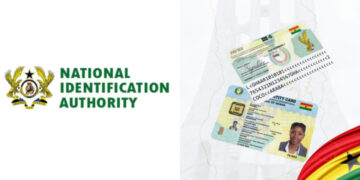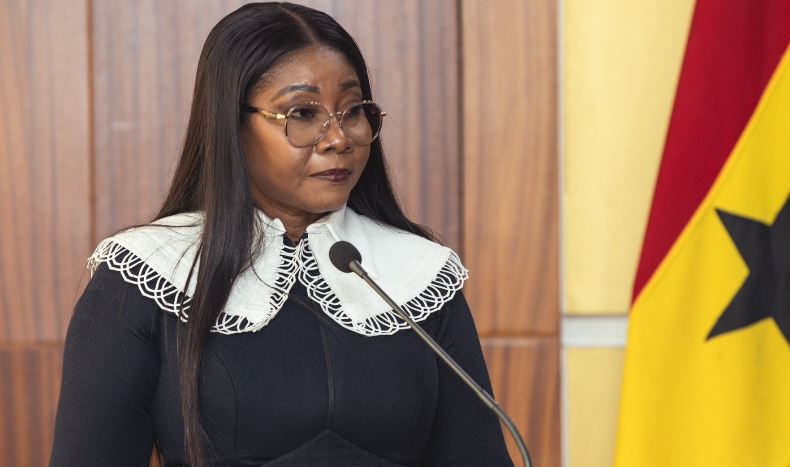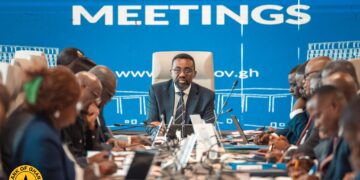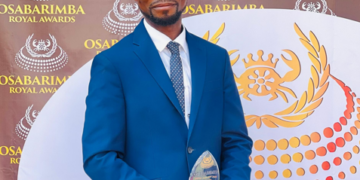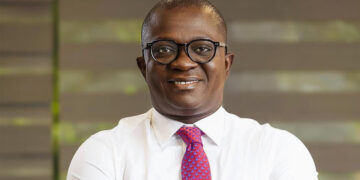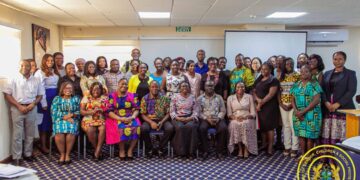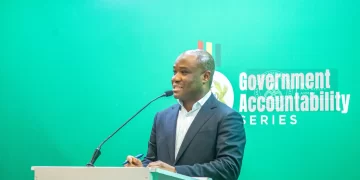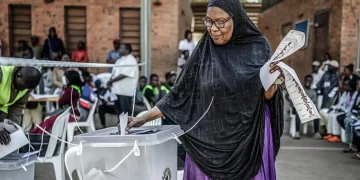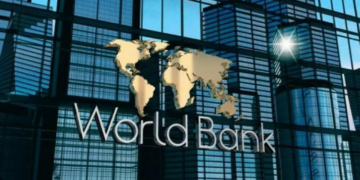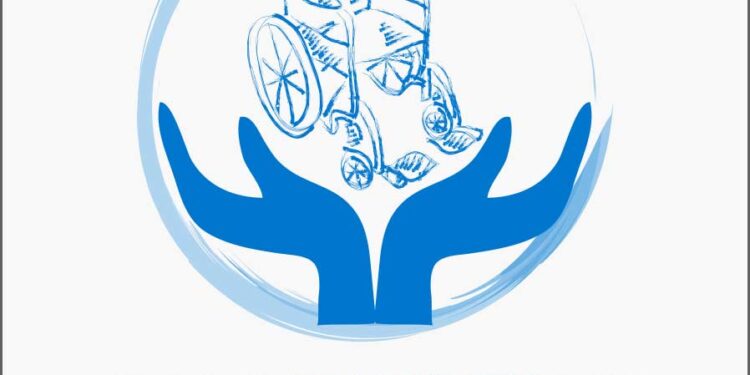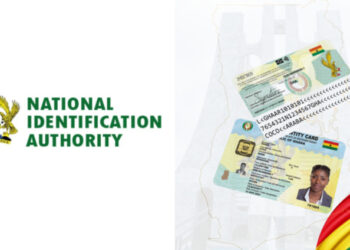Before the advent of the International Day of Persons with Disabilities, many individuals living with impairments were appallingly treated by some members of society. Moreover, some myths surrounding impairments further exacerbated their conditions, unleashing untold hardships on this minority group. Persons with disabilities had to endure verbal abuses, social neglect, and forceful isolation simply because both members of society wrongly assumed that disability was a form of retribution for a sin committed. As such, individuals living with disabilities had to be confined and prevented from public view since they were considered evil by society.
It was in the wake of this atrocity against persons with disabilities that the United Nations General Assembly in 1992 proclaimed 3rd December as a day to recognize persons with disabilities. The day was intended to enhance understanding about disability issues. Also, it was to mobilize support for the rise, dignity, and well-being of persons with disabilities. Finally, the day also seeks to increase awareness about the gains to be derived from integrating persons with disabilities into every aspect of social, political, and economic life. The International Disability Day is also used to celebrate what persons with disabilities have ably achieved and are capable of doing even in the face of daunting challenges.
Subsequent to this declaration in 1992, the United Nations has produced a framework that unequivocally enshrines the right and dignity of persons with disabilities in international law while calling on member countries to develop policies aimed at creating a socially inclusive society. It is interesting to note that several treaties, including the UN Convention on the Rights of Persons with Disabilities (UNCRPD), and the Marrakesh Treaty, have clearly spelled out the pathway to true inclusion. However, several nations, most of which are in the developing world, are lagging behind in achieving this vision of the UN. This clearly brings into doubt the UN’s target of leaving no one behind by 2030.
Read also: ‘Voter turnout in the 2024 election will be lower – Ayariga predicts
Though 4 out of every 5 persons living with disabilities live in the developing world, it is these very countries that pay little attention to issues concerning persons with disabilities. In most of these countries, persons with disabilities are treated in the same way as they were before the advent of these policy statements, except that they are not being confined.
Our country, Ghana, in 2006 passed the Disability Act (Act 715), which was the government’s official policy to bridge the gap between persons with disabilities and the rest of society. Though the Act contains brilliant ideas capable of transforming society into what we want, the nonchalant attitudes of successive governments meant persons with disabilities still grapple with the same challenges before the passage of the Act. This is in clear contrast to what the architect of the Act included. Persons with disabilities still face challenges in the areas of education, health, social, and economic life.
With regard to education, it has been clearly stated in the Act that inclusive schools should be built in all regions of the country while training is given to those who cannot go into formal education, but this has not been done. Moreover, essential materials used for teaching and learning by persons with disabilities have been heavily taxed by the government, making their acquisition a luxury. What the government often forgets is that these materials, which include braille paper, hand frame, stylus, and other ICT software like Job Access with Speech (JAWS) and Non-Visual Desktop Access (NVDA), are part of our culture. Hence, our inability to readily access them is a great hindrance to the progress of many of our colleagues.
Turning to health, it is deeply concerning to hear the harrowing account of our colleagues who have hearing and speech impairments after visiting the hospital. Because some doctors and nurses in hospitals cannot communicate in sign language, most of these people are regularly given wrong diagnoses and prescriptions, clearly endangering their lives. The story is not different for pregnant women who visit the labour ward. The communication barrier between them and the midwives means that the midwives and the woman in labour have to resort to gestures to obtain any meaningful information from each other. This mode of communication, many would agree, is unhealthy and endangers the life of the woman and the unborn child. Even access to information concerning critical health alerts like COVID-19 is difficult for people with hearing impairments to obtain since these communications are usually not translated into sign language.
Though the Act has made clear provisions for issues concerning social and economic life, it is very ironic to still find persons with disabilities grappling with these aspects of life. For instance, when the Act was passed in 2006, there was a ten-year moratorium given to all institutions and agencies to make their premises accessible to persons with disabilities, but 17 years later, very little success has been chalked in this regard. Most buildings, including government institutions, university lecture theatres, second cycle institutions, and other government agencies, have remained largely inaccessible to persons with disabilities, especially persons in wheelchairs. This certainly flies in the face of the Act.
It will be unfair to totally blame the current state of affairs on government indifference towards persons with disabilities because organizations like the National Council for Persons with Disabilities (NCPD), the Ghana Federation of Disability Organizations (GFD), and many others have become willing accomplices in this vicious cycle of injustices meted out to persons with disabilities. The prevailing challenges confronting persons with disabilities only exist because these organizations have chosen to turn a blind eye to the plight of their own people, practically leaving them in the lurch.
Even as we face the challenges of today and tomorrow, it is hoped that things can turn around to favour persons with disabilities. Persons with disabilities are sick and tired of hearing empty talks without real action. They are disappointed in the numerous unfulfilled promises of successive governments and are making an urgent demand to them to walk their talk and make real the promises of inclusion. Deliberate efforts must be made to enforce all the provisions of the Disability Act and other treaties to which Ghana is a signatory. If Ghana is to truly attain the UN’s target of leaving no one behind by 2030, then the walls of hostilities that stand in the way of persons with disabilities must be torn down. Now is the time to make real the promises of democracy and inclusion. Now is the time to lift persons with disabilities from the dark and desolate paths of segregation onto the sunlit part of inclusion. Now is the time to make justice a reality for all of God’s children. If Ghana is to develop, then this must become true of it.
The media, both print and electronic, must move away from the usual political talk shows and shine the light on the deplorable living conditions of persons with disabilities. Having said this, organizations representing persons with disabilities must also rise from their slumber and play the roles expected of them, for the challenges plaguing us today are only possible because most of us, including these dormant organizations, deem them to be normal. As Mahatma Gandhi once said, “the true measure of any society can be seen in how it treats its vulnerable members.”
Elias Kodelogo, Vice Chairman, Ghana Disability Alliance

